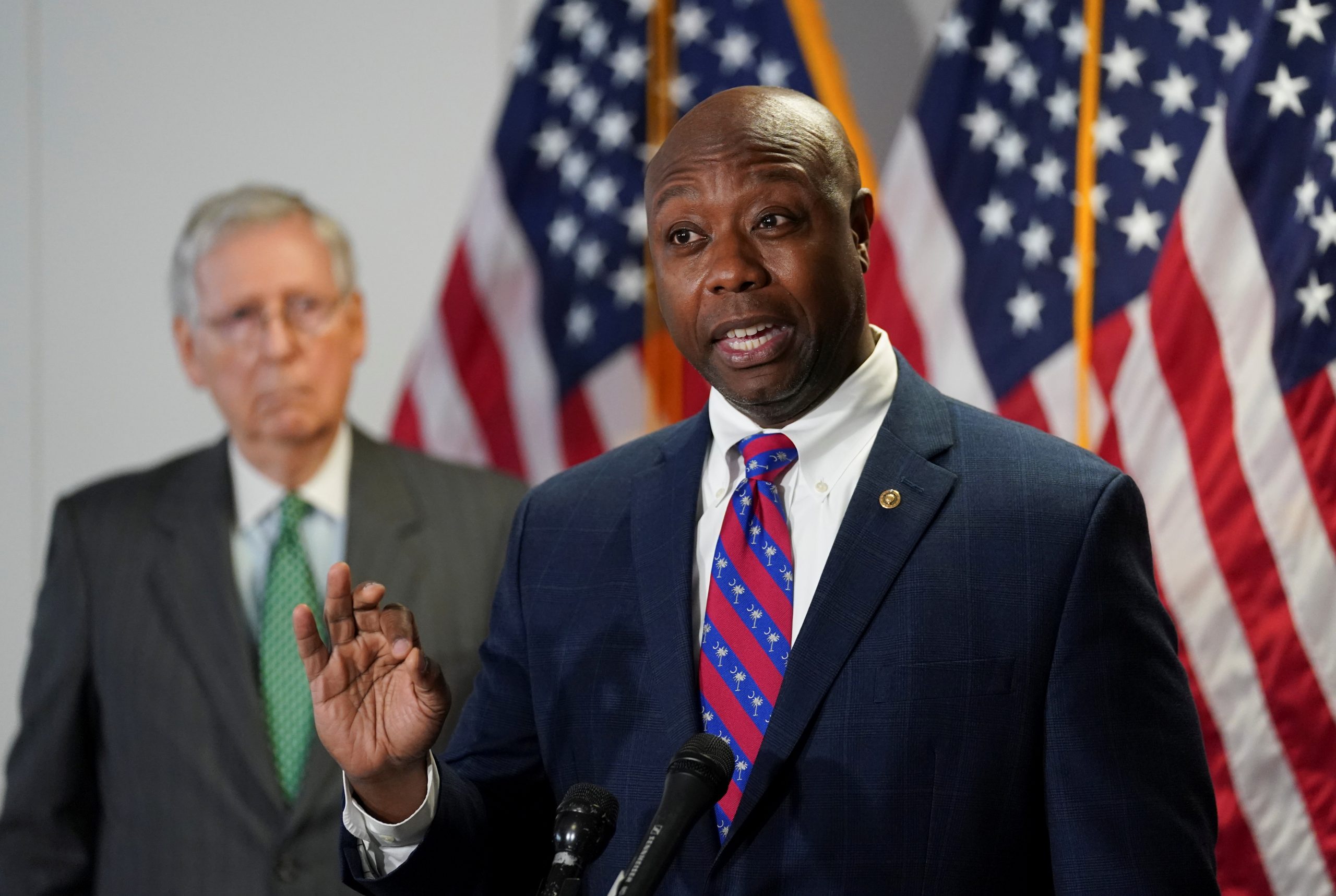A Republican bill to rein in police misconduct in the aftermath of George Floyd’s death in Minneapolis failed in the U.S. Senate on Wednesday, leaving congressional efforts to address racial inequities in American policing at an impasse.
Democrats, denouncing the measure as irrevocably flawed, defeated a motion to move to final debate by a vote of 55-45, short of the 60 votes needed, a month after Floyd’s death in police custody set off weeks of worldwide protests against police brutality.
The measure was also opposed by civil rights leaders and activist groups.
The legislative fight now moves to the House of Representatives, which plans to vote on a Democratic bill on Thursday.
Senate Republicans warned that failure to advance the legislation could mean a political stalemate. But with public sentiment for police reform running high, Democrats held out hope that the bill’s failure would pressure Republicans to agree to bipartisan negotiations on new legislation.
Floyd’s May 25 death in Minneapolis, after a white police officer knelt on his neck for nearly nine minutes, sparked weeks of protests and stirred strong U.S. public sentiment for stopping excessive force by police, especially against African Americans.
But a month later, Republicans and Democrats in Congress are pursuing partisan bills with little chance of winning approval from the Senate and the House of Representatives and being signed into law by President Donald Trump.
The sweeping Democratic bill in the House includes a provision to remove qualified immunity protections for police and allow victims of misconduct to sue for financial damages.
Republicans warn that eroding qualified immunity could have a chilling effect on law enforcement.
But a Reuters/Ipsos poll, conducted June 22-23, found that Americans favor removing the protections at a nearly two-to-one rate, 49% to 26%. Republicans were split evenly on the issue, with 38% favoring removal and 37% opposing such a move.
(Reporting by David Morgan; Editing by Cynthia Osterman, Jonathan Oatis and Richard Cowan)

























 Continue with Google
Continue with Google